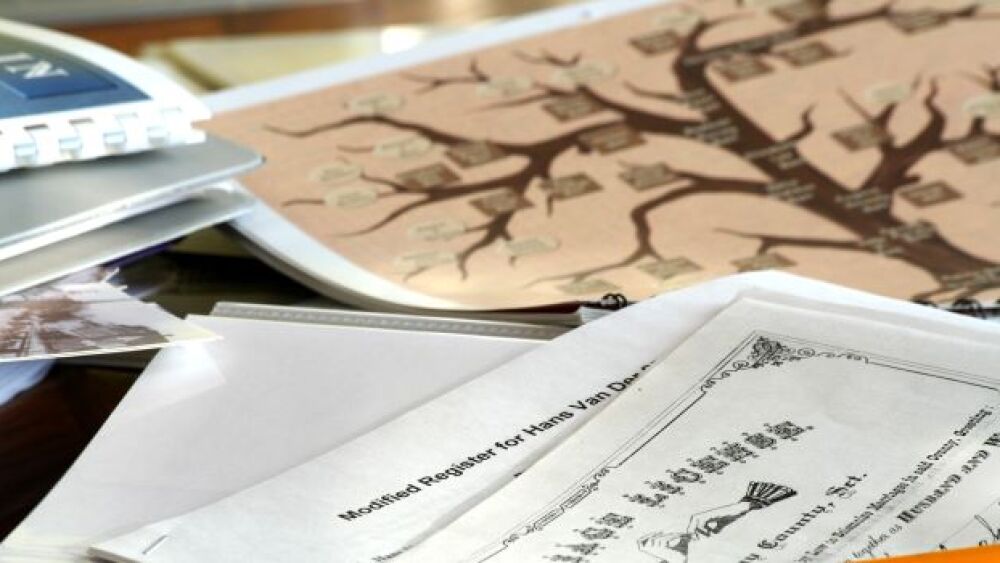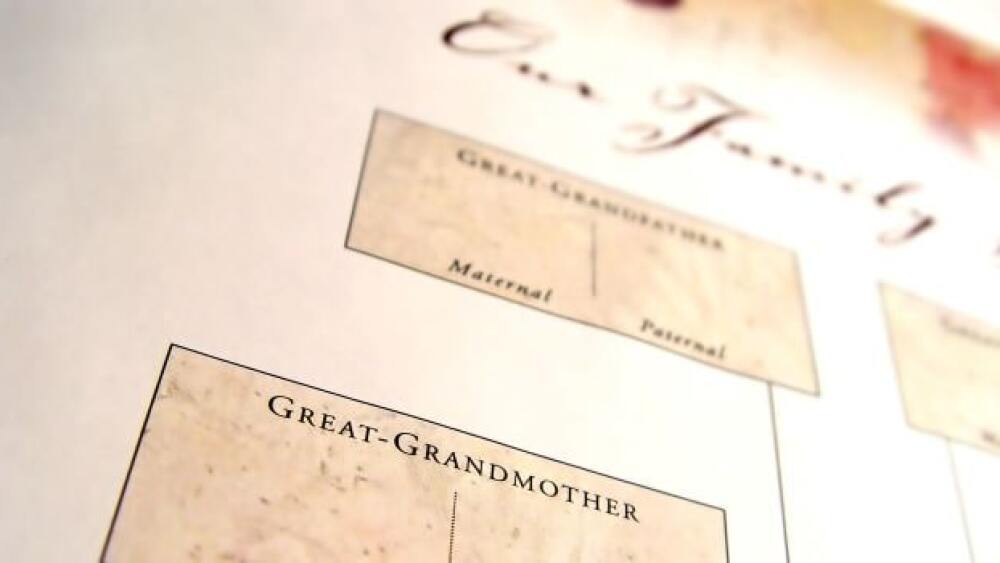Genetic genealogy has come a long way. It has become one of the most popular branches of science after direct-to-consumer genetic tests were made available in the market.
Genetic genealogy has come a long way. It has become one of the most popular branches of science after direct-to-consumer genetic tests were made available in the market.
In addition to tracking down a person’s heritage, where else is genetic genealogy being used? Is it something you can make a career out of?
Learn more about DNA genealogy and the other fields related to it below.
RELATED: Biotech In-Demand Job: Genetic Counselor
What Is Genetic Genealogy?
Genetic genealogy is the study of genetic analysis combined with historical and traditional studies to locate and pinpoint a family history. Simply put, it’s the study of one’s family tree.
It is also the use of DNA technology, such as DNA profiling and DNA testing, together with traditional methods to determine individuals’ genetic relationships.
Family historians first applied the practical application of this study in the 21st century for studying surnames of people. A lot of people started during this period because this was also the time when testing became affordable.
One of the first surname studies was performed by George Darwin, son of Charles Darwin, a biologist who was one of the minds behind human evolution. He was married to his first-degree cousin Emma Darwin. During that time, George calculated the frequency of first-degree cousin marriages (isonymy) by tracking surnames.
How Does It Work?
Genetic genealogy works by studying the autosomal DNA (atDNA) single nucleotide polymorphisms (SNPs) of two people to see how they are related to each other. The presence atDNA in a person can be passed to their children (both men and women) and can be seen as a unique trait of their bloodline.
There are many ways genetic and DNA genealogy is used such as: forensics genealogy, parental and maternal lineage, ancestral origins, human migration and law enforcement use.
What Are The Uses For Genetic Genealogy?
This section will get into details about the uses for genetic genealogy and their practical applications.
1. Paternal lineage
Direct paternal lineage, also known as a Genealogical DNA Tests - Y-Chromosome DNA (Y-DNA) testing, will check the lineage and relationship of a person’s ancestors through their father.
This test will check the Y-Chromosome, which can only be seen in males, revealing the paternal line. The Y-Chromosome is tested using the short tandem repeat (STR) and single nucleotide polymorphism (SNP).
In most cultures, paternal linkage can also be observed thru surname, which can lead to a surname DNA project, wherein the surname can be traced to see the male lineage.
2. Maternal lineage
Checking for maternal lineage, also known as a genealogical DNA test - Mitochondrial DNA (mtDNA) testing can be used by investigating the mitochondria inherited by a child from its mother.
Simply put, the maternal lineage test will help determine the ancestral line of the maternal side of a person.
3. Ancestral Origins
Checking for a person’s ethnicity, also called a biogeographical origin, will reveal a person’s ancestral origins.
The DNA is tested using calculations and computer algorithms to know a person’s ethnicity.
However, this kind of testing is not known to be 100% accurate and is tagged to be approximate.
4. Human Migration
Human migration tracks down the geographical location on which an ancestral line first came, including human migration patterns. It is tested at a long scale by tracking when the first humans came from a specific part of the world and the movement patterns they made after.
A practical example of this is the National Geographic Society’s Genographic Project which collected over 100,000 DNA samples from people living on all the continents while studying the migration patterns. The DNA samples were then investigated to know where the genes of a specific line would spread and multiply.
This testing also included the connection of each person to indigenous ethnic groups from around the globe.
5. Law Enforcement
Besides DNA lineage testing, the most common application of DNA genealogy in modern times is used for law enforcement and forensics.
It is used to track down suspects or criminals, and can also be used to identify the remains of a deceased person.
RELATED: Researchers Suggest Genetics Might Be Behind Patient Response to COVID-19
What Careers Can You Have In This Field?
1. Family Historian
A family historian is tasked to build family trees. They do genealogical research services to trace the ancestors of a family.
2. Forensic Genealogists
Forensic genealogists work on law enforcement to track down bloodlines of people by using pieces of evidence. They are the ones responsible for producing legal identification of people involved in the crime.
3. Genealogist
A genealogist does the research thru interviews, historical records, and genetic analysis to track the pedigrees of a family.
4. Citizenship Reclamation Specialist
Being a citizenship reclamation specialist will require a person to use genealogy and heritage research to track their ancestral citizenship.
They research for people to know the precise lineage of their family and where they originally came from. In practical application, they are responsible for tracking down a person’s descendants for citizenship claims.
People interested in this field can work for the US Citizenship and Immigration Services (USCIS).
5. Historic Preservationist
A historic preservationist is responsible for keeping buildings, objects, landscapes, or other artifacts preserved by researching their historical significance. In America, they are the ones who preserve the welfare of a subject’s American heritage.
The study of genetic genealogy commonly relates to DNA testing and DNA technology. Originally, it was focused on learning more about a person, family heritage, and bloodline. It can also help gain information such as migration patterns.
Nowadays, it has found its use in forensics and crime-solving.






